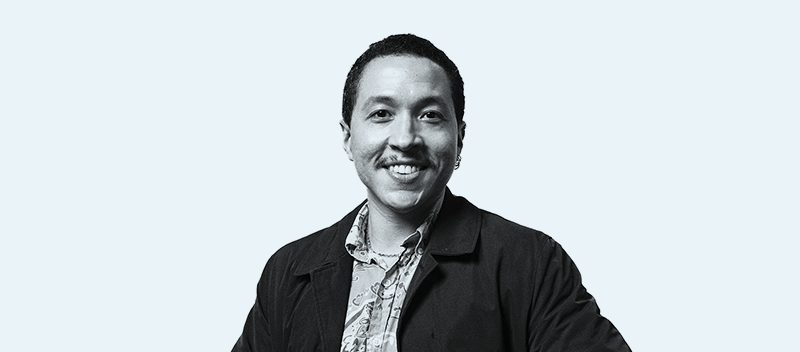In the midst of the Wageningen for Palestine protest that took place on campus last week (where activists blocked access to the campus using banners and bathtubs in the hope of pushing the executive board to debate a boycott of Israeli institutions), I started thinking about the power dynamics that we protesters, researchers, PhDs, students, and employees have to face at WUR.
This protest is important because no one should be supporting genocide in any way. However, it also creates some tension because it limits access to campus for people who need to get to their offices and start their week. As of now, the protesters’ encampment is still on campus. Hence, the protest is still ongoing, and yet there isn’t any potential solution to this matter, which makes me wonder: Does the university as an entity care about the protest? And if so, what are they doing to respond?
I’ve noticed a clear, responsive pattern from the authorities at WUR. It all gets directed to the same ‘cul-de-sac’
Not to compare the Palestine situation with other on-campus disputes, but similar issues have created disagreements amongst people at WUR. These issues include the wage gap between PhDs with scholarships and those hired by WUR, housing and lack of space for employees to have their own desks and place to work and questionable relationships of the institution with not-so-sustainable companies that happen to be sponsors. These scenarios make me realise that we are all facing a bit of the same: a powerful institution that disagrees with us and has way more decision-making ability than us, at least for now.
I’ve noticed a clear, responsive pattern from the authorities at WUR, which relies upon stating the willingness and encouragement for dialogue; however, even though such communicational events have happened, it all gets directed to the same ‘cul-de-sac’ which I would like to frame as: ‘We have taken your opinion into consideration, we should improve communication, but this is what are we going to do’.
I believe WUR has the power to decide and set the course of things, whether that is closing the wage gap between PhDs, providing enough facilities and desks for everyone to work under decent conditions, affording to be sponsored by companies that are not opposed to the title of the ‘most sustainable university’, and even stand for a cease-fire in Palestine.
I believe power comes with a relevant responsibility, which relies on using it for the fair benefit of everyone.
Willy Contreras-Avilés (34) is a second-year PhD candidate in Horticulture and Biochemistry of medicinal cannabis, from Panama. He likes to dance (perrear), cook Italian food, and swim.

 Foto Guy Ackermans
Foto Guy Ackermans 

